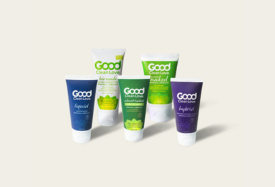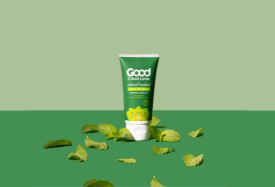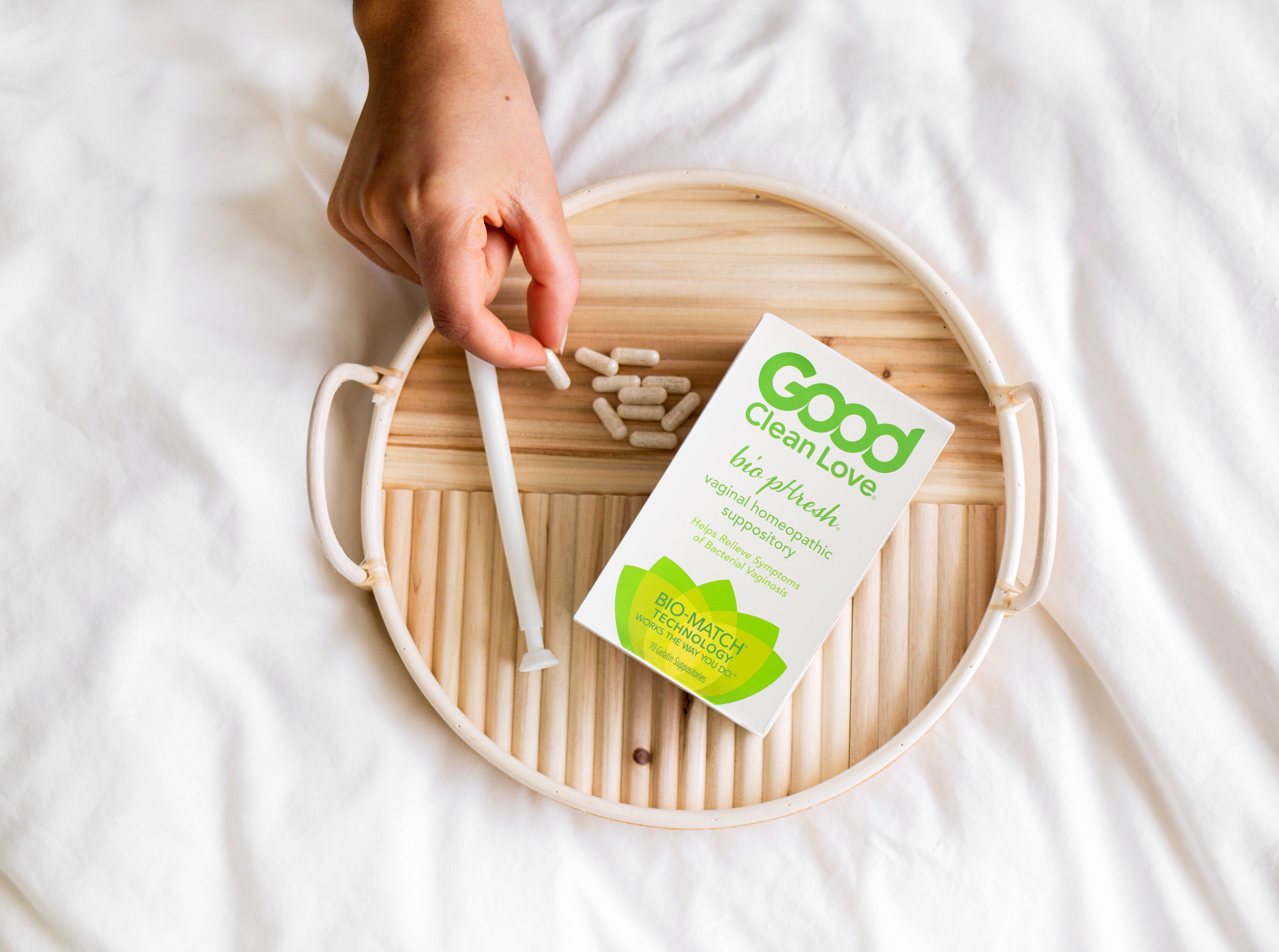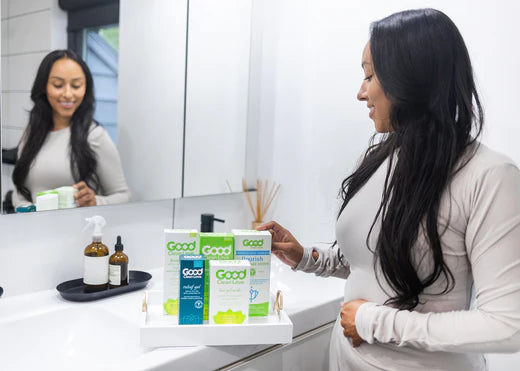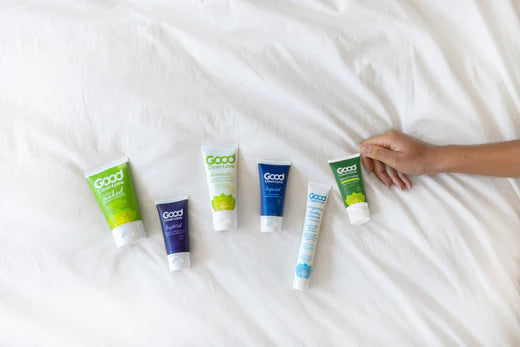"I am utterly devoted to contributing to the emergence of a world where women that have body sovereignty grab hold of it — and where those who don’t yet have body sovereignty gain access to it." - Rachel Cole
As we in the United States are increasingly waking up and speaking out against the sexual misconduct that pervades modern western culture, we may also want to pause for a moment and reflect on the sexual atrocities that are brought upon our sisters worldwide. Today marks the 15th anniversary of the UN’s longtime effort to stop FGM (Female Genital Mutilation) by 2030. However, since their awareness campaign began, more women than ever are being impacted by this historic and barbaric practice of the partial or total removal of the external female genitalia. This practice, considered to be a violation of human rights by all international organizations, dates back to the pharaohs in Egypt and yet remains widely accepted and normalized among both women and men.
When I first learned and wrote about FGM five years ago, 140 million women were living on the planet that suffered the cutting of her sexual organs. Today, the number is 200 million women and growing by 6,000 per day (back then it was 3000). Vaginal mutilation or “cutting” is practiced worldwide, including in the US, Australia and the UK. It is a mandatory expectation in most Middle Eastern, African and Asian countries, where over 90 percent of girls and women undergo the procedure at increasingly younger ages. Recent changes to laws in Indonesia, reversing a previous ban on the practice and replacing it with an approved practice by doctors, has created a new industry where the cutting now begins with newborn baby girls.
Each year, 3 million more young girls are subjected to this procedure, often with knives or nail clippers that have been reused and not cleaned from the dozens of girls before them - all with no anesthesia. This cutting is commonly done on girls from birth through adolescence, frequently between the ages of 6 and 8. Many girls die from hemorrhaging or infection from the procedure itself. In its most extreme form, vaginal circumcision cuts away all the outer vaginal structures completely. The vaginal cavity that is left is sewn together and the girl’s legs are bound for 5 days to create scarring. Although this most extreme version of mutilation makes up only 15% all the procedures, even the more moderate and recently medicalized versions of this ritual eliminates the possibility of pleasurable intimacy for life. In addition, the scarring and shock to the vagina impacts the overall elasticity and healthy function of the vagina, resulting in much higher rates of lifetime infection and mortality in childbirth.
Because the practice of FGM has no proven health benefits and often causes serious and lifelong physical and psychological harm, it has been banned in most countries in the world. In December of 2012, after ten years of organizing and education, a United Nations resolution to end female circumcision worldwide was adopted by consensus with over 100 nations, including 54 from Africa who introduced the text. Yet, even with the global support to cease this practice by 2030, it is clear that a top-down approach of enacting and enforcing legislation to prohibit Female Genital Mutilation will not be successful to combat the deeply held traditional values and beliefs about women’s sexuality.
Coming from our “Me Too” revolution, it is hard to fathom how such a brutal practice continues to grow worldwide and how we can make inroads into dispelling the deep abiding mistrust of female sexuality. Within these cultural beliefs, just retaining the physiological capacity for pleasure makes one unclean, unmarriageable, and unable to take their place in their community. The predominant concern of curbing female sexual urges, increasing the likelihood of virginity until marriage, is enough to perpetuate the requirement that all women submit. Long associated with religion although never referred to in any religious text, the practice is considered essential to raising a “good” girl in some religions.
How can the power of our Me Too movement reach across the globe and include the young girls and women that are subjected to this brutal and dehumanizing practice? The critical shift that is taking place in our own culture of believing in the power and value of women is in dire need everywhere. And just like in the United States, the only reliable and lasting way to reshape cultural norms and belief systems comes through education. This has proven true in Senegal where a former Peace Corps volunteer, Molly Melching, has developed a rural education program which re-trains circumcision midwives with healthcare skills and awareness of human rights. Her organization, Tostan International, (which means “breakthrough”) has begun to turn the tide on female cutting with entire villages agreeing to stop the ritual.
Re-educating villages requires 2-3 years at the cost of about $20,000 per village. This is a labor of love that I want to get behind. When millions of girls are forbidden their own god-given physiology as a solution to the fear and mistrust of what it is to be a sexual human being, the terror that is wreaked is an energy that exerts its force the world over. As a force of love and healing sexuality in the world, it seems only right that we at Good Clean Love organize a campaign that makes it easy for us all to contribute to ending this archaic and senseless violence against girls, women and the healing power of loving sexuality. In March 2018, ten percent of your online purchases will be donated directly to expanding Tostan International's efforts to stop the cutting.


